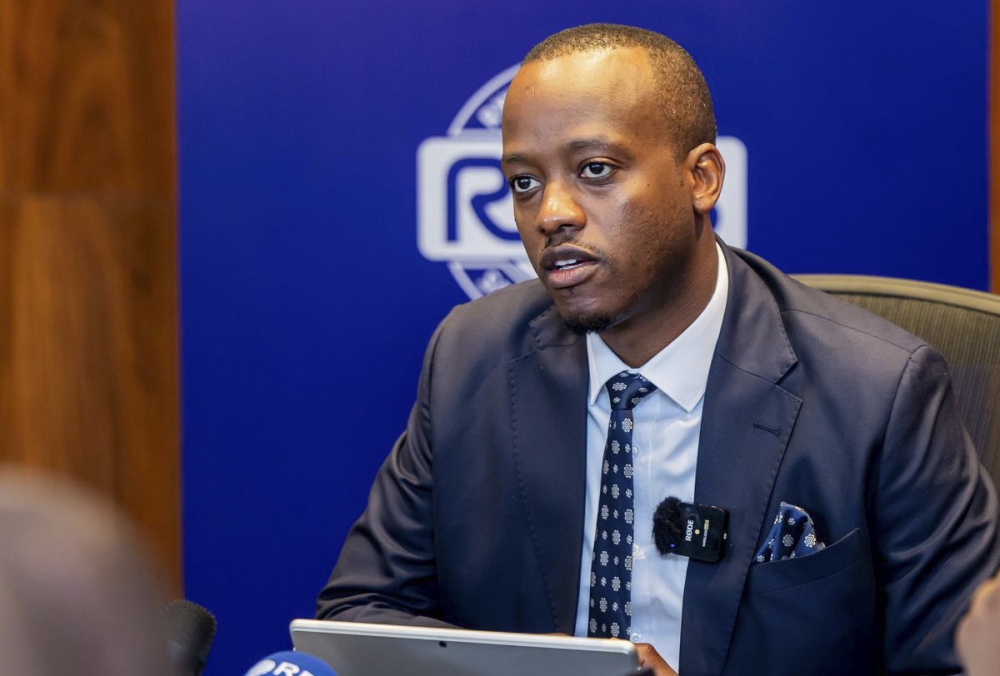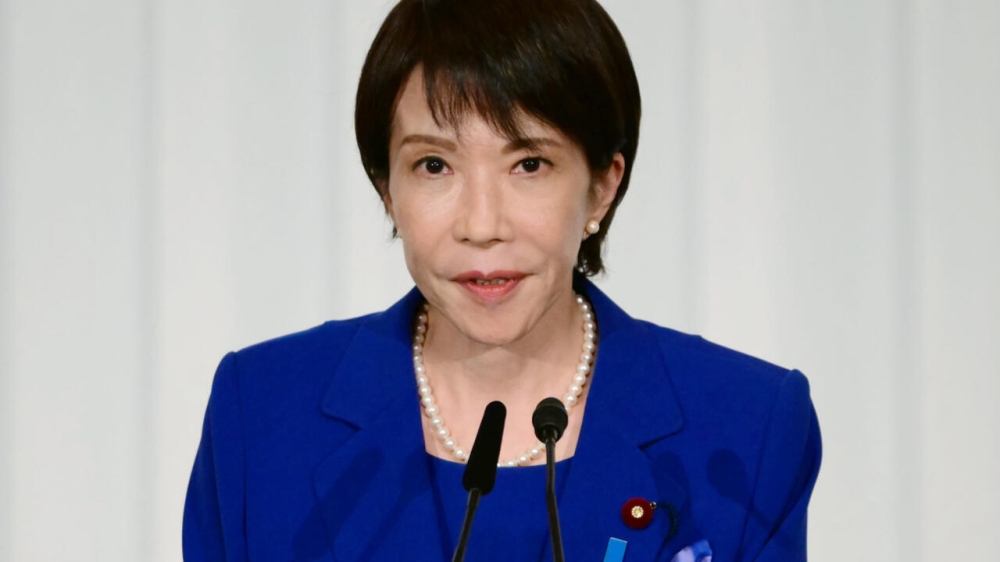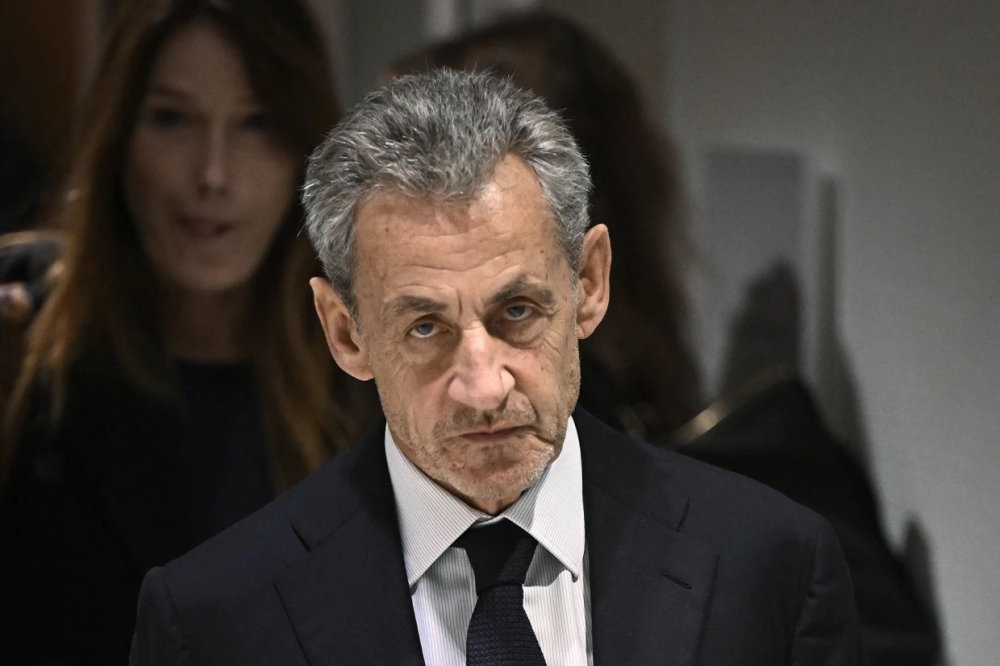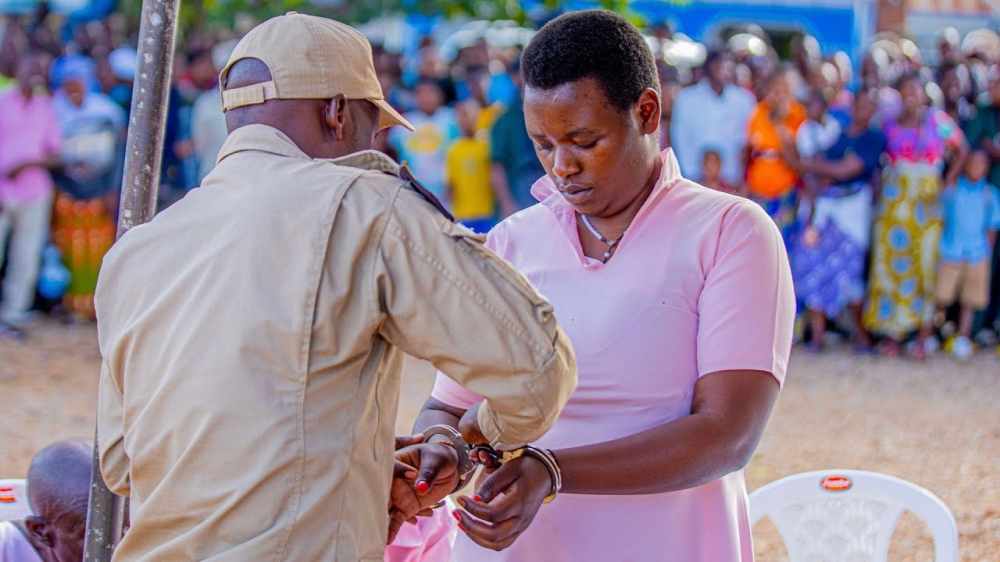Rwanda is moving to more than double its national savings rate from 12.4 per cent in 2024 to 25.9 percent of gross domestic product (GDP) by 2029, under a new government strategy.
Dubbed the Financial Sector Development Strategy, the five-year plan which runs from 2024 to 2029 aims to boost long-term capital for investment and reduce reliance on foreign funding, according to officials.
It targets annual increases in savings, rising from 15.1 per cent in 2025 to 25.9 per cent in 2029.
“We have achieved a lot, but we still have a couple of sectors to improve,” according to Herbert Asiimwe, Head of Financial Sector Development at the Ministry of Finance and Economic Planning (MINECOFIN).
“The first challenge is the low level of savings, which has impacted the long-term financing needed for our private sector,” he added, “We have short-term funds, and this is because we don’t have these long-term segments. We need to put a lot of effort into this.”
The Plan
The government wants to expand formal savings through stronger pension schemes, digital savings products, and links between informal savings groups and banks.
It also plans to grow private pensions, improve financial literacy, and promote new retail investment tools such as private bonds and collective investment schemes.
But, Asiimwe argued, the task is steep, since the majority of Rwandans still operate in the informal economy and income volatility remains high.
While financial inclusion has reached 96 per cent, most activity happens outside formal institutions, he added.
“The uptake of formal financial services has to improve; we have more uptake in the informal sector, and this puts them on the edge, in case they drop off, they go back into exclusion.”
Regis Rugemanshuro, the chief executive at Rwanda Social Security Board (RSSB), which manages the country’s pension and social security funds, described the plan as “very ambitious, practical, and requiring a lot of collaboration to ensure alignment to achieve the target rates.”
“How much of the savings are we building up, consistently, but also ideally in higher amounts?”
Rugemanshuro referred to the Ejo Heza long-term savings scheme established under law N° 29/2017 of June 29, 2017.
The scheme is primarily intended to help informal sector workers have access to pension benefits once they retire — while aged 55 — but formal employees can also be members if they want, as a complementary pension.
It was introduced given that only about 8 percent of Rwanda’s workforce – estimated at 5.4 million – had access to long-term savings through pension schemes, while the remaining – about 92 percent, such as motorcycle taxi operators, farmers, and some masons and traders were excluded.
“RSSB is revamping the Ejo-Heza Term Savings Scheme, allowing savers limited access to part of their funds during emergencies such as medical or academic needs. We’ve listened to our members who continue to insist that we allow some level of flexibility,” Rugemanshuro told The New Times in an exclusive interview.
The reform, pending final approval, is meant to balance long-term saving with short-term liquidity.
Rugemanshuro maintained that the agency is also improving digital channels to make access easier.
“We want to make sure we are educating our members and informing them enough to understand how much they should be saving so that it contributes to a solid package when they retire,” he said.
He noted that members should aim to “earn above the poverty line salary” in retirement.
RSSB’s fund has more than doubled to $2 billion (Rwf 3.1 trillion) in assets, generating an annual return of 14.2 percent.
“Our commitment to our members is that we always want to make sure the money they save with us is optimally productive and generating significant returns,” Rugemanshuro said.
Just recently, the government increased pension contributions from 6 percent to 12 percent, with plans to reach 20 percent by 2030.
The move is expected to significantly boost the country’s savings ratio, according to Rugemanshuro.
The opportunity cost of the savings drive lies in its timing, argued Bob Nkubara, a senior analyst at SouthBridge Group.
If realized, he pointed out, “Rwanda could unlock more domestic capital for investment and reduce external borrowing. If it falters, it risks widening inequality between those who can save and those who cannot.”
Rugemanshuro argued that the target will, in large part, depend on collaboration and trust: “Our role as RSSB is to remain that catalytic partner that not only unlocks investments or allows them to grow, but also supports the sector in building synergies.”






